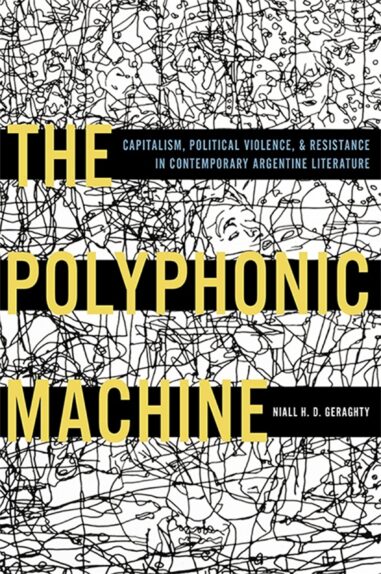Focusing on the work of the Argentine authors César Aira, Marcelo Cohen, and Ricardo Piglia, The Polyphonic Machine conducts a close analysis of the interrelations between capitalism and political violence in late twentieth-century Argentina. Taking a long historical view, the book considers the most recent Argentine dictatorship of 1976–1983 together with its antecedents and its after-effects, exploring the transformations in power relations and conceptions of resistance which accompanied the political developments experienced throughout this period. By tracing allusive fragments of Argentine political history and drawing on a range of literary and theoretical sources Geraghty proposes that Aira, Cohen and Piglia propound a common analysis of Argentine politics during the twentieth century and construct a synergetic philosophical critique of capitalism and political violence. The book thus constitutes a radical reappraisal of three of the most important authors in contemporary Argentine literature and contributes to the philosophical and historical understanding of the most recent Argentine military government and their systematic plan of state terrorism.



